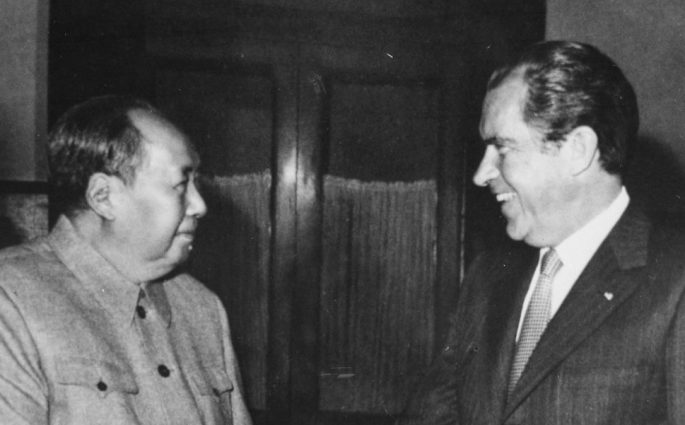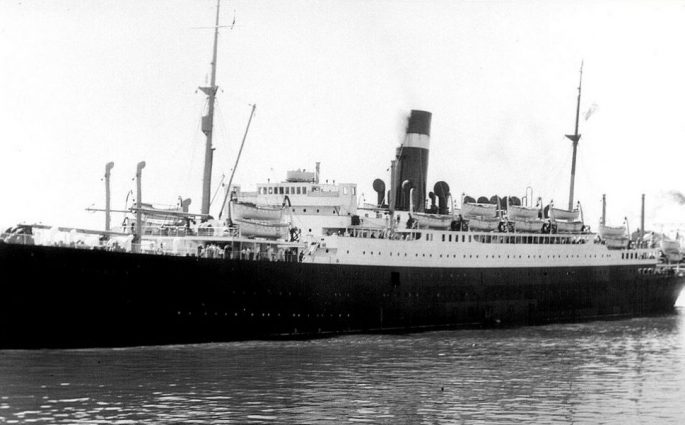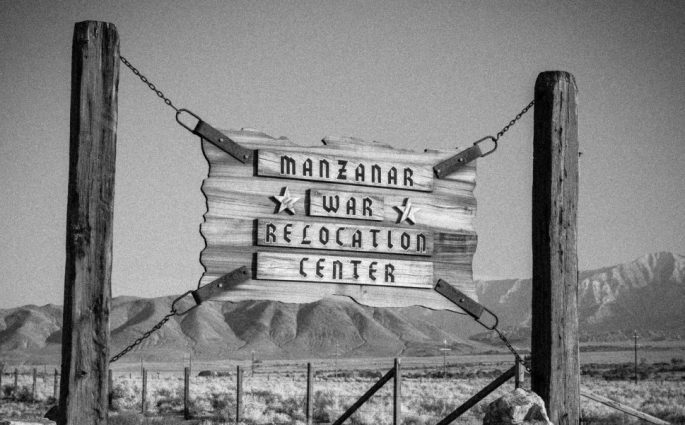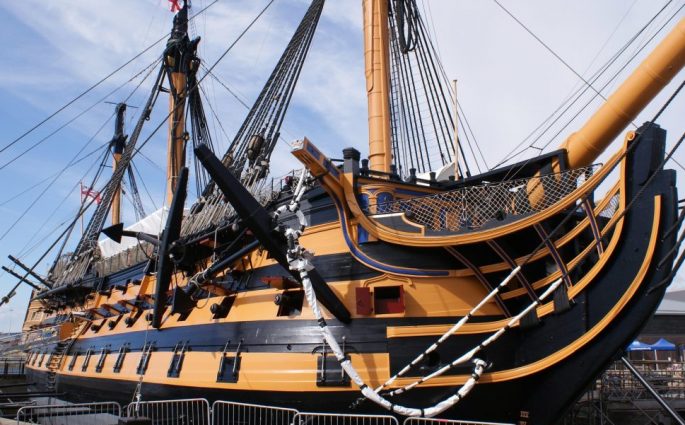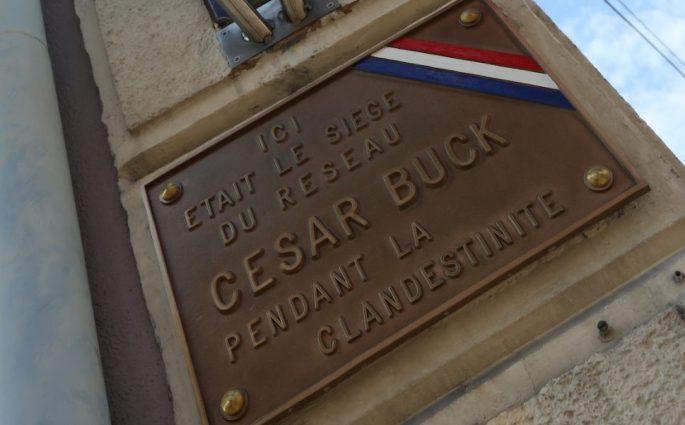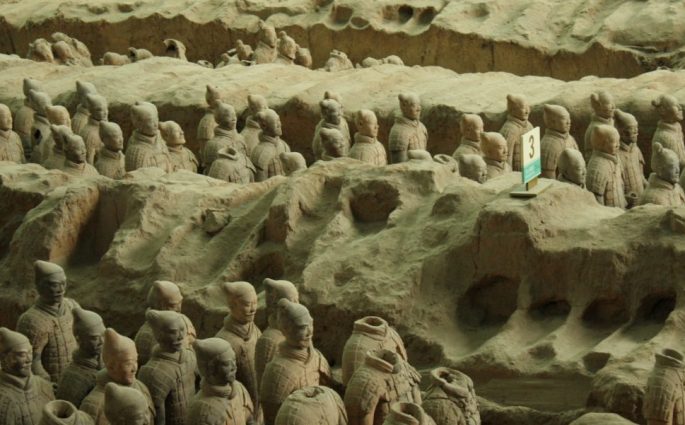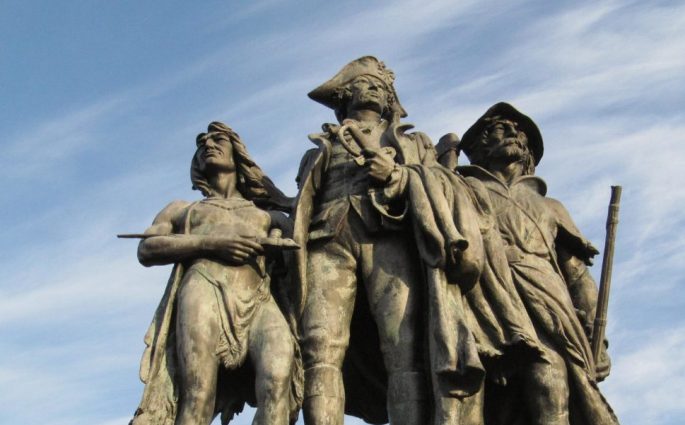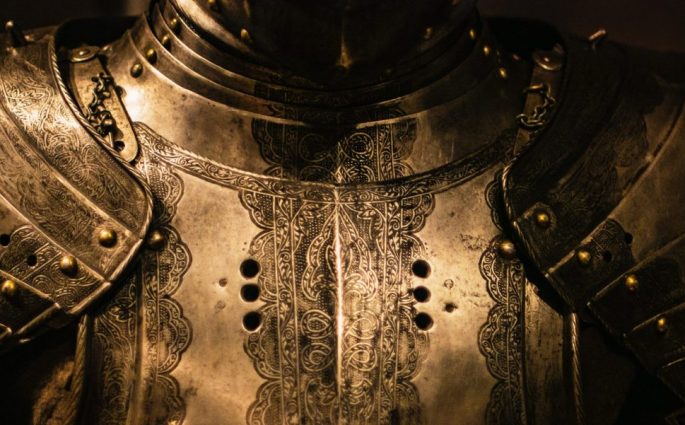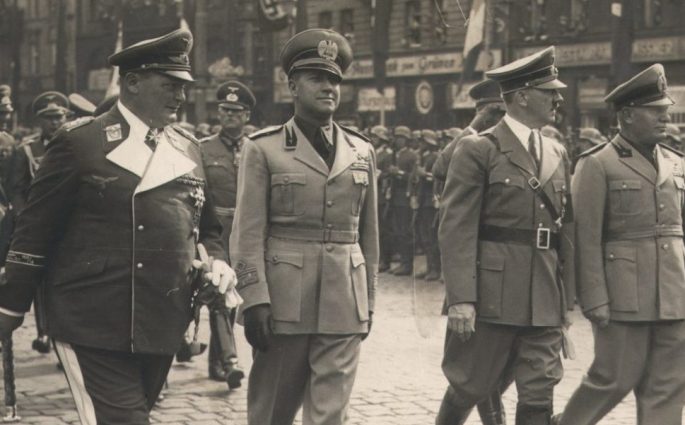The Perils of Peacemaking
Paul A. Rahe— It is much easier to initiate a great war than to end one. Even when an attempt to do the latter seems, to the unsuspecting glance, to be an unqualified success, it frequently lays the foundations for a renewal of the struggle. The origins of the Second

